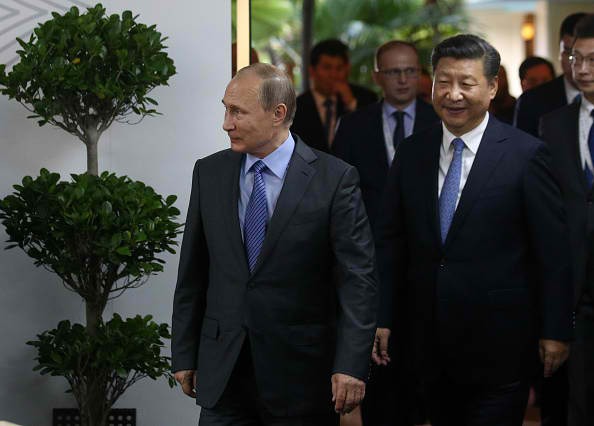A forum was facilitated by Pakistan's Institute of Policy Studied where experts voiced out their predictions on the future of Southeast Asian development, particularly the China-Pakistan Economic Corridor (CPEC).
Hu Shisheng, director of the China Institutes of Contemporary International Relations, led a three-person Chinese delegation. The Pakistanis were represented by Lead Coordinator Irfan Shahzad with two other research associates.
Hu said that the CPEC is now becoming a reality and that both China and Pakistan are moving ahead with projects at a very rapid pace. All of the experts agreed that with the development of CPEC, there will be a change of scenario in Asia and not a mere game-changer.
Du Yanjun, the special assistant to CICIR president, agreed and that that the axis of relations between Pakistan, China and Russia will be the most important outcome of the CPEC.
Director General Khalid Rahman of the Institute of Policy Studies said that the disputes between Pakistan and China should be resolved to fast track business transactions. He also said that there was a need to be more transparent and inclusive.
The forum also expressed that the CPEC should be used as a tool for economic development rather than advancing political agenda. The three countries should stay away from promoting vested interests, according to the experts.
According to other political experts such as Joy Mitra of the Jindal School of International Affairs, the axis formed by China, Russia, and Pakistan will be a strong one, especially in the realm of security, defense and territorial sovereignty.
She wrote, "The Russia-Pakistan-China triumvirate is a reality in the offing and has a far greater convergence of security objectives in Asia than a similar Russia-China-India grouping."



























